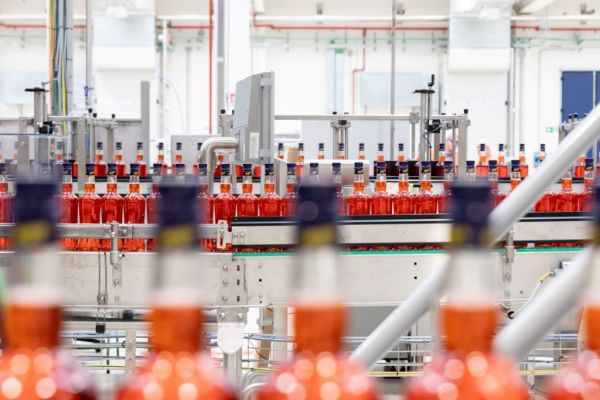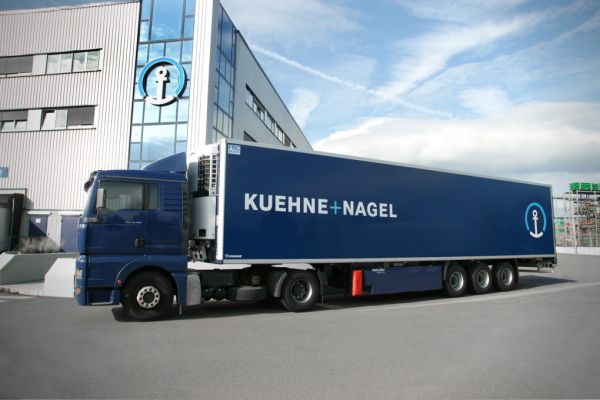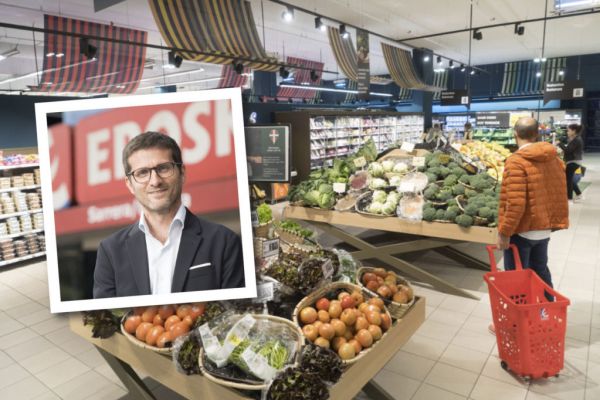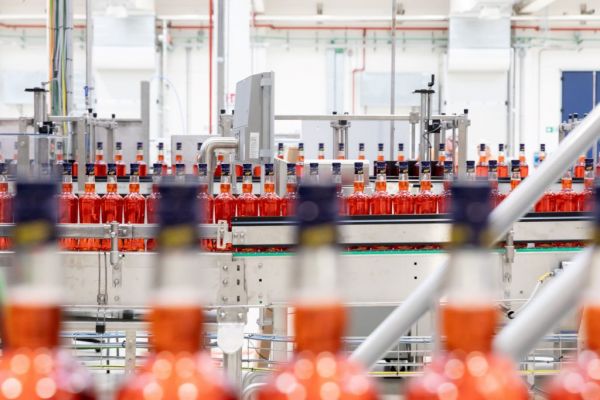Helmut Prieschenk (pictured), chief executive officer of WITRON, was recently on a two-week business trip to North America, visiting customers, logistics facilities and construction sites, and learning a lot about sustainability in the US.
At the time, Prieschenk explained in an interview how sustainability is changing in logistics, why the topic is facing a paradigm shift, and why ecology, economy, and social factors are not contradictory.
“Consumers are demanding real action from retailers – not just greenwashing – and government programmes are enticing with big money when it comes to energy efficiency and sustainability,” he said.

Prieschenk believes that space for logistics property is becoming scarce, and brownfield projects are becoming increasingly important.
WITRON has the expertise to support such projects, as well as those that require the integration of new technology into an existing building during ongoing operations.
Prieschenk added, “Regeneration is the buzzword in Canada and the United States right now,” as organisations seek to save energy and return something to the Earth.
For WITRON, this means moving away from repair logic. The problems should not be solved in the distribution centre, but where they arise.
‘Redefine Efficiency’
Prieschenk added, “We have to redefine efficiency in the design phase with the customer. First, of course, it is about the distribution centre and the number of pallets and customer orders that are handled every day.
“Equally important are issues such as service levels for store and end customers, as well as cost efficiency. This is mandatory. In the future, however, we will have to think much further ahead. The highlight will then be to combine the performance data with the consumption.”

Prieschenk added that it is important to question business models that do not work economically, socially or ecologically.
“Instead of 'ESG', it has to be 'ESB' – environmental, social and business. Only then will we succeed together with our customers,” he said.
According to WITRON, it is essential to search for efficiency gains down to the last detail, which is often time consuming, but also very successful.
“There is usually optimisation potential just as much in the order behaviour of the stores or the end consumers, in route scheduling or truck utilisation,” he added.
For more information, visit witron.de.
© 2023 European Supermarket Magazine – your source for the latest supply chain news. Sponsored post. Click subscribe to sign up to ESM: European Supermarket Magazine.














